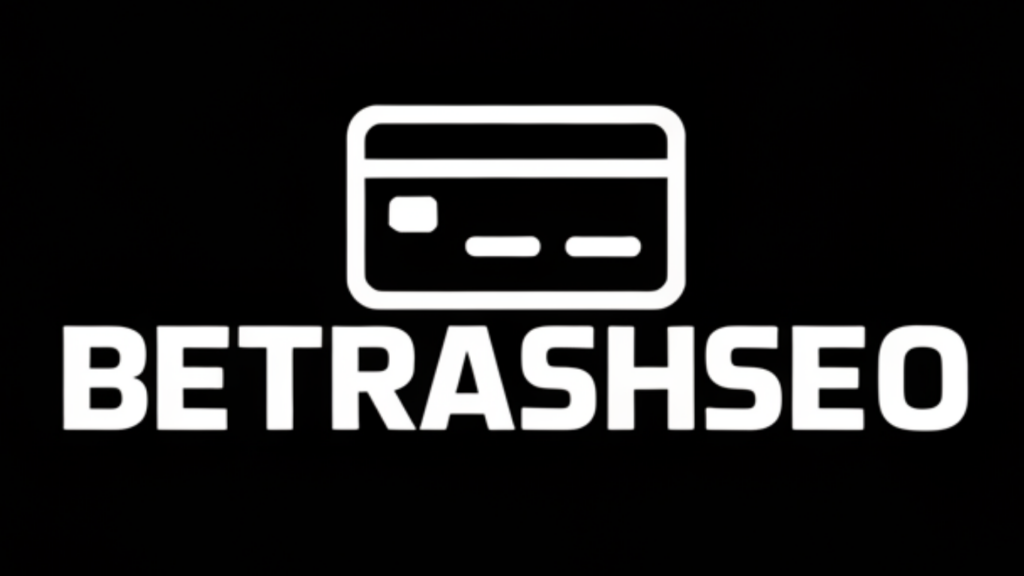Losing a credit card can be a stressful and daunting experience, but it’s crucial to remain calm and take immediate action. Knowing what to do in case of a lost credit card can save you from potential financial headaches and identity theft. In this guide, we’ll walk you through the essential steps to secure your accounts and minimize risks.
The first thing you should do is promptly notify your bank or credit card issuer about the lost card. Most financial institutions have dedicated 24/7 helplines to assist you in these situations. Acting quickly not only prevents unauthorized transactions but also helps you recover faster.
Beyond notifying your bank, there are other proactive measures you can take to protect your financial wellbeing. From monitoring your bank statements to understanding how to obtain a new card, we’re here to help you navigate the process smoothly. Let’s dive into the steps you need to take for peace of mind.
Contact Your Bank Immediately
Once you realize your credit card is lost, the first step is to contact your bank immediately. Many banks provide a dedicated hotline that’s available any time of the day or night. Acting swiftly reduces the risk of unauthorized transactions, which could affect your financial standing significantly.
In addition to calling, consider using the bank’s mobile app or website to report the lost card. These digital platforms often provide a straightforward way to block your card, adding an extra layer of protection. This quick response ensures that your card cannot be used by anyone else.
Some banks also offer a temporary block feature, which can be handy if you’re unsure about the card’s whereabouts. This feature enables you to disable the card temporarily while you conduct a thorough search, minimizing potential misuse. Visit How to Avoid Debt When Using a Credit Card. This resource provides strategies to manage your credit card use responsibly and avoid falling into debt.
Monitor Your Bank Statements
After reporting your lost credit card, continuously monitor your bank statements for any suspicious activity. Careful scrutiny of your transactions will help you catch any unauthorized charges that might have slipped through before the card was blocked.
Most banks offer online access to your account, making it convenient to regularly check for anomalies. Many banks also send instant notifications or alerts if they detect unusual activity, providing additional peace of mind.
If you notice any unauthorized transactions, report them to your bank as soon as possible. Quick reporting can often result in the charges being reversed, minimizing the financial impact on you. For more information on international credit cards and how to apply for one, visit What Is an International Credit Card and How to Apply for One. This guide provides useful insights into international credit cards and the application process to help you make informed decisions.
Understand How to Obtain a New Card
Replacing your lost credit card is a straightforward process, but it’s important to understand the steps involved. After you’ve reported the lost card, your bank will typically conduct a verification process before issuing a replacement.
The new card is usually sent to your registered address, and delivery times vary by institution. Some banks offer expedited shipping for an additional fee, which can be beneficial if you rely heavily on the card.
Once you receive your new card, remember to set up a new PIN and update your account details, especially if you use the card for automatic payments. This ensures that your financial information remains secure. Take a look at Is It Possible to Get a Credit Card Without Proof of Income. This article offers guidance on how to apply for a credit card, even without proof of income, and the steps to take for a successful application.
Consider Setting Up Fraud Alerts
Implementing fraud alerts can further protect you from potential misuse of your credit card details. Many financial institutions offer this service, which informs you via text or email about any suspicious transactions.
Fraud alerts act as an early warning system, allowing you to respond quickly in the event of potential fraud. This proactive measure enhances your ability to safeguard your financial assets.
Additionally, many banks provide the option to set spending limits or geographical limitations on card usage, adding another security layer to your defenses against fraud.
Customize Your Card Settings
Taking advantage of customization features on your credit card can significantly improve its security. Options like location-based blocking and spending caps help minimize the risk associated with a lost card.
Location-based blocking allows transactions only in predetermined areas. If your card ends up outside these zones, it automatically becomes unusable until you’re aware and can change the settings.
Spending caps limit the amount that can be charged, reducing the potential financial impact if your card is used unlawfully. Reviewing and customizing these settings regularly is advisable to align with your current lifestyle and needs.
Conclusion
In conclusion, losing a credit card can be a disruptive experience, but taking these essential steps can mitigate risks and protect your financial health. Prompt communication with your bank, vigilant monitoring of transactions, and understanding replacement procedures are key actions.
Setting up fraud alerts and personalizing your card settings further enhance your security, providing peace of mind during this challenging situation. You can visit Credit Karma to compare credit cards and find the option that best suits your financial needs.

